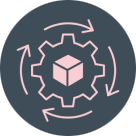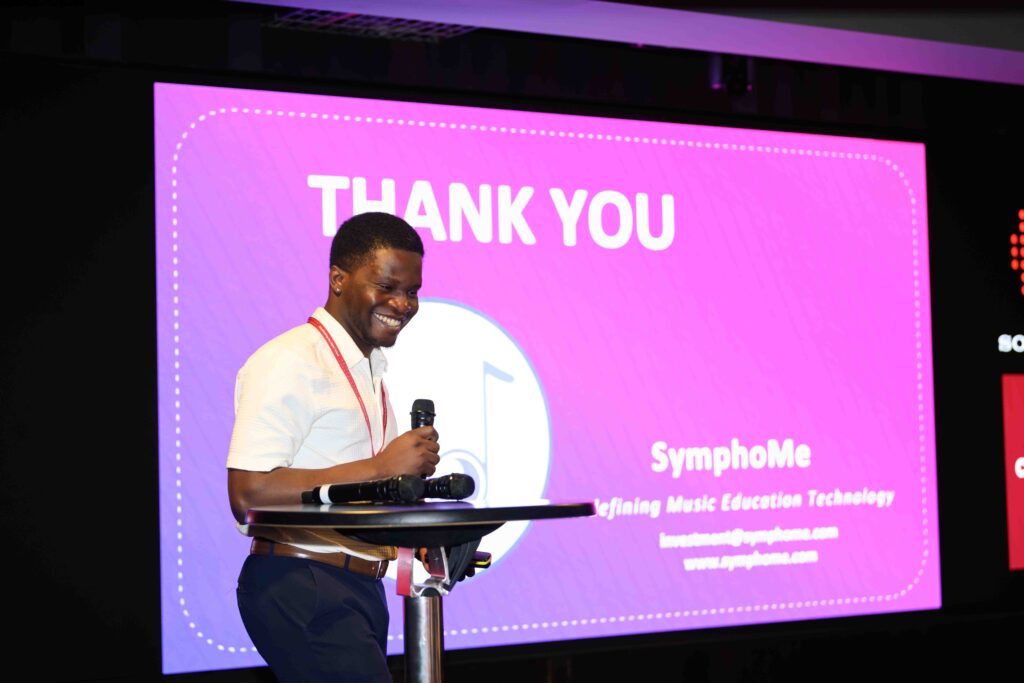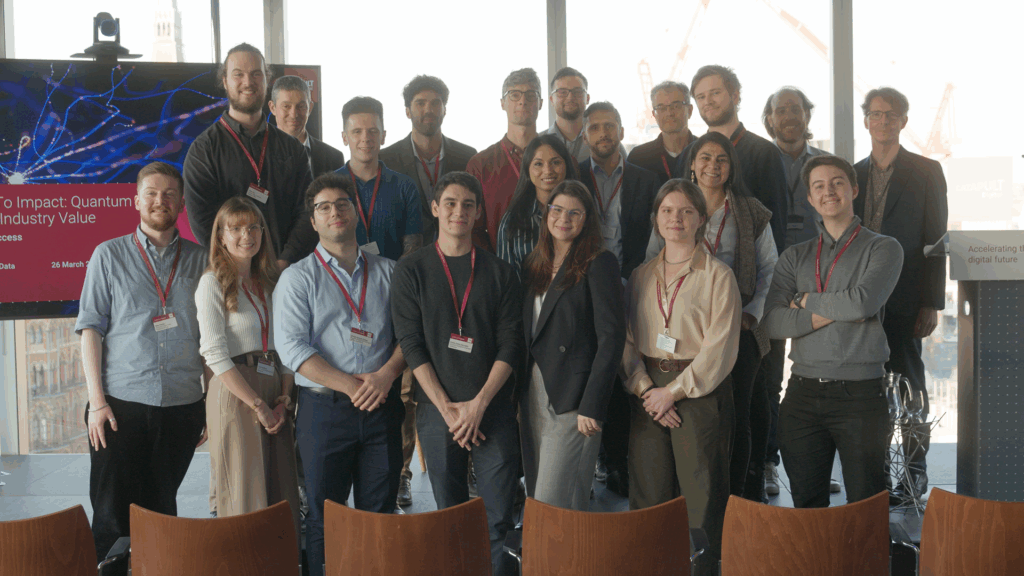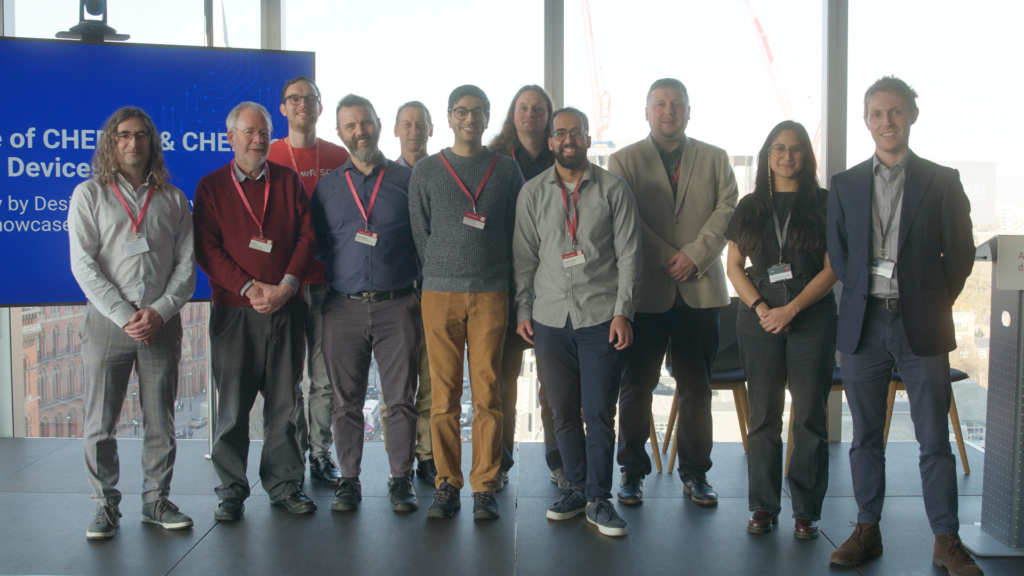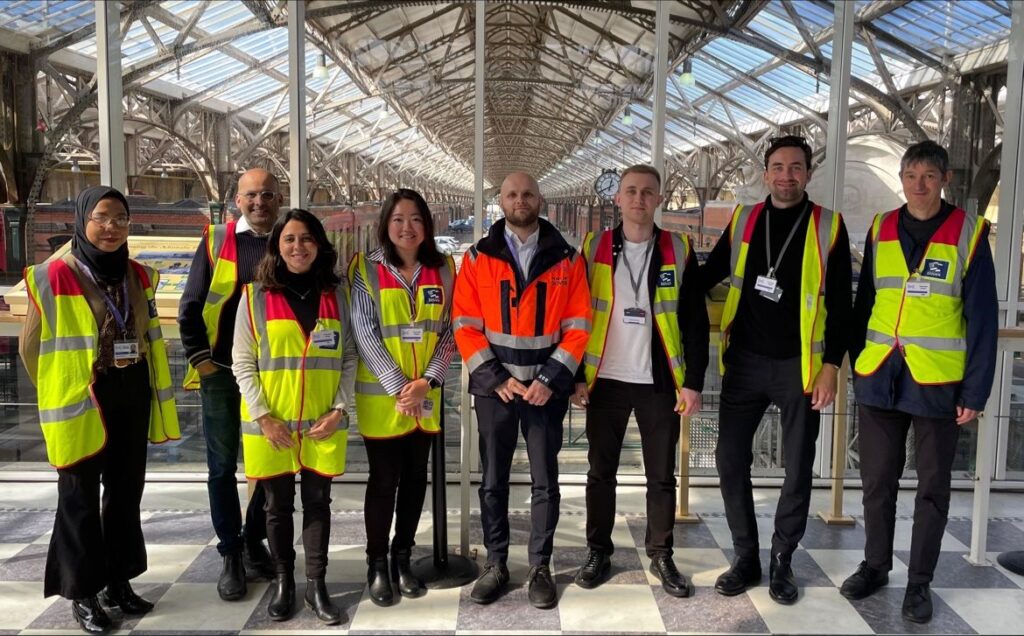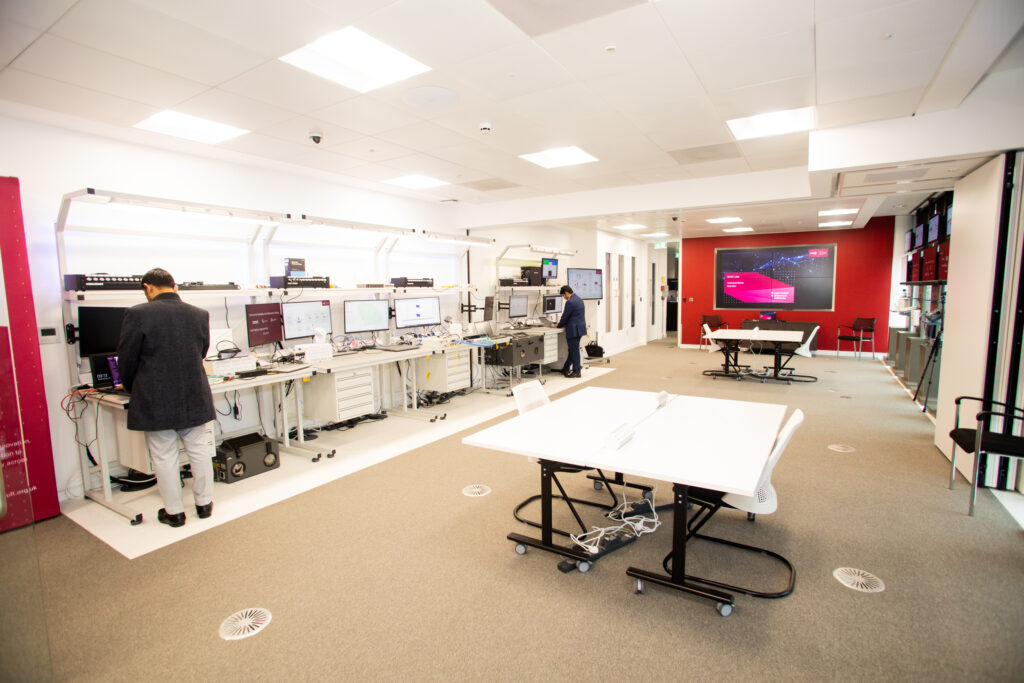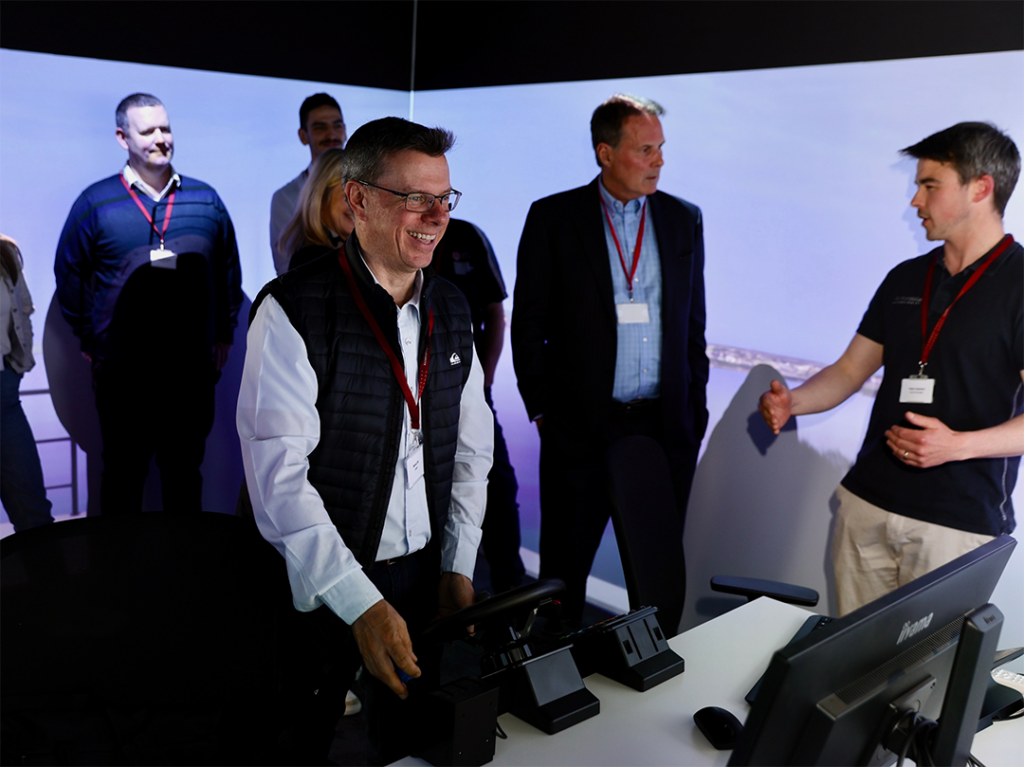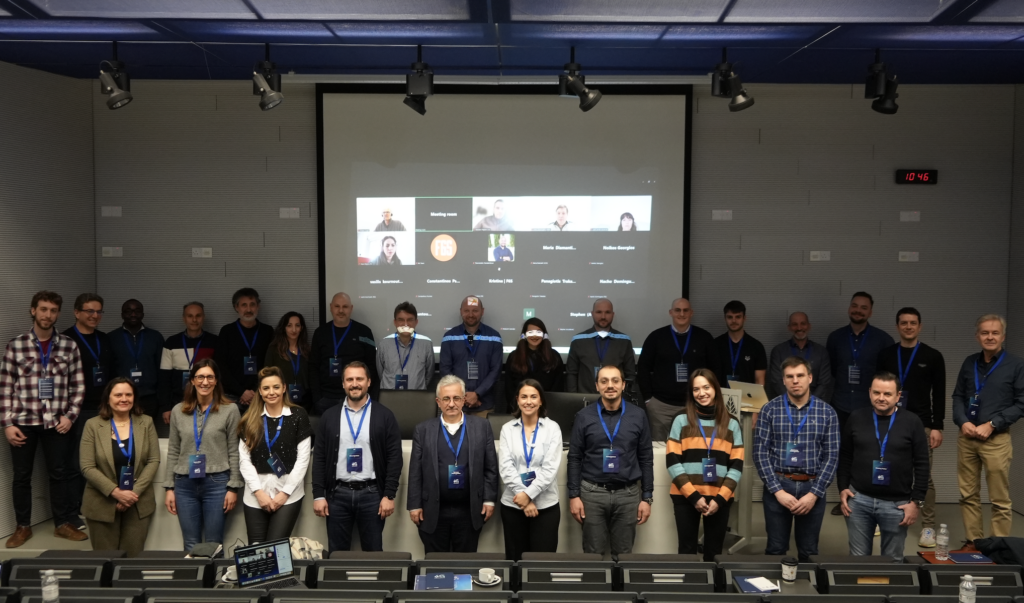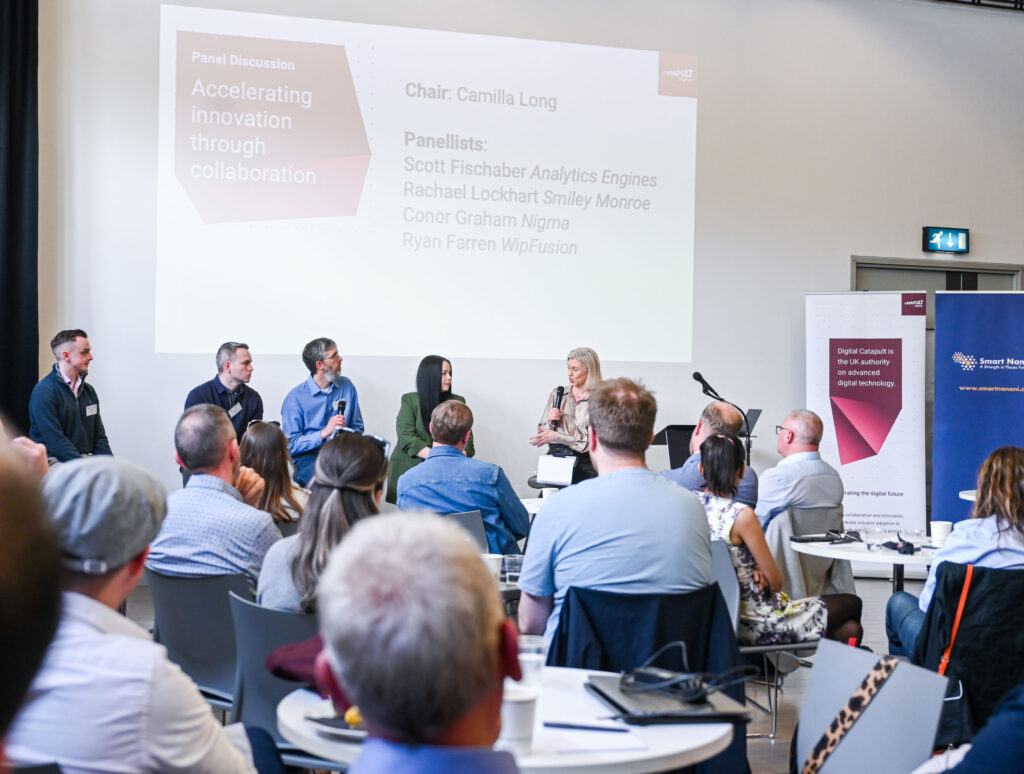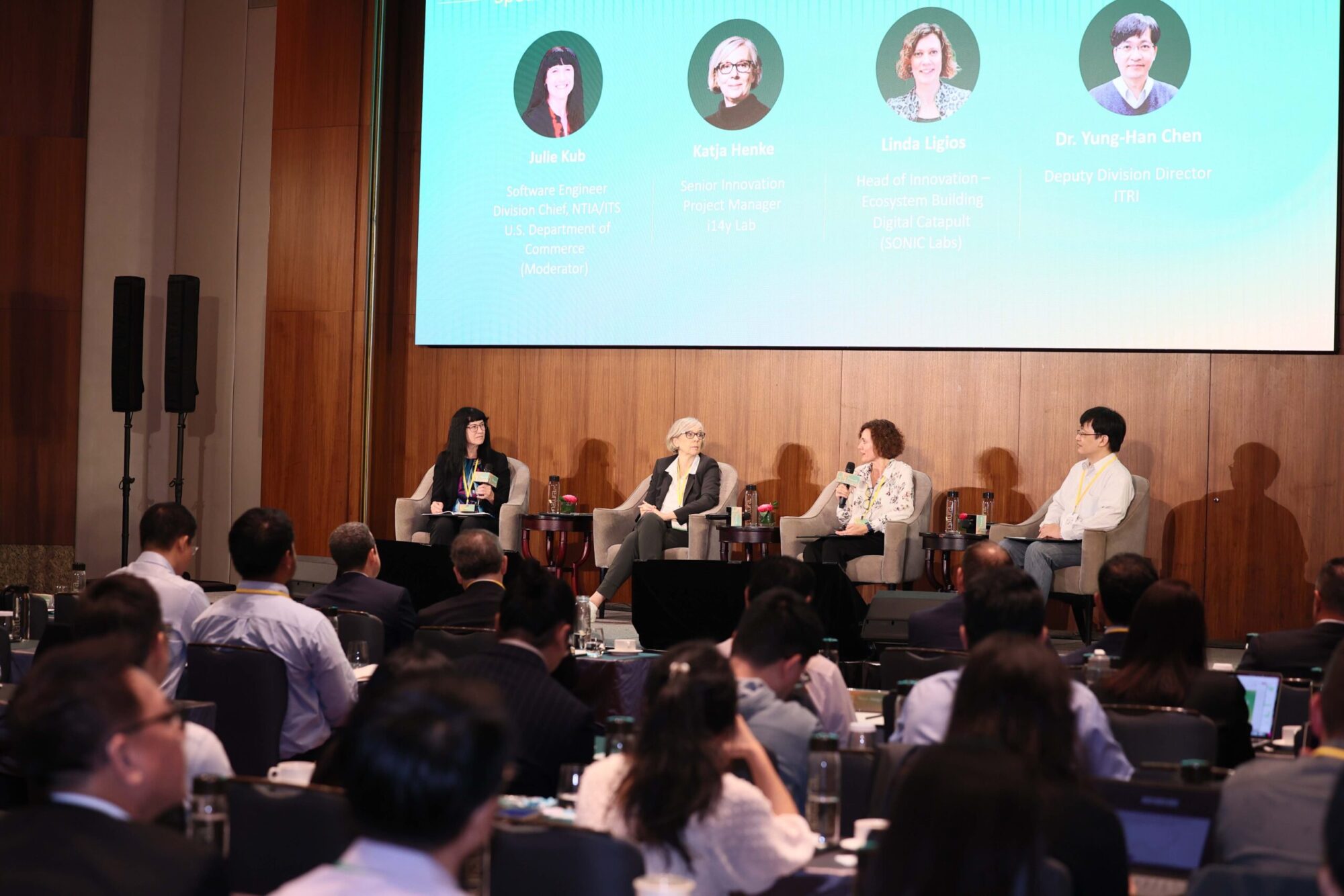From Colorado to Taiwan, our team has been busy in recent weeks collaborating with stakeholders from across the globe to help advance the development of data driven and open future networks and infrastructure. Through our groundbreaking work, we’re championing open networks and a move towards interoperability with a key focus on how we can collaborate internationally to reach our common goal.
Strengthening our collaboration with Taiwan
We’re working with the Industrial Technology Research Institute (ITRI) in Taiwan to promote cross-collaboration and the sharing of knowledge in open networks. We recently signed a Memorandum of Understanding (MoU) with ITRI with a focus on enhancing development in the field of Open RAN testing and on the learnings we can share on testing lab activities from our world-leading innovation programme and research and development facilities.
The collaboration will be looking specifically at a common framework for repeatable, consistent testing and validation to reduce variability of results, as well as developing test plans for use cases for indoor testing scenarios.
In a recent visit to Taiwan, we met global partners and organisations across Taiwan’s telecom ecosystem to share progress and insights towards Open RAN testing and validation, and deployment. Our Head of Innovation, Linda Ligios, participated in a panel at the 5G Summit to discuss collaboration from labs around the globe. Some key takeaways include:
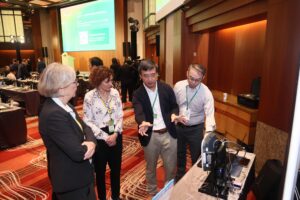 The importance of building connections across borders and providing the opportunity to strengthen relationships with Taiwanese vendors, enabling us to gather new insights about product roadmaps and lessons learned from the partners who have joined our recent programmes.
The importance of building connections across borders and providing the opportunity to strengthen relationships with Taiwanese vendors, enabling us to gather new insights about product roadmaps and lessons learned from the partners who have joined our recent programmes.- There are interesting innovations emerging in the Open RAN space and Taiwan is making great strides in the development of open source O-RU solutions.
- Taiwanese vendors have shown significant progress in supporting 5G private network use cases such as smart factories.
- Cross-lab collaboration can play a key role in advancing knowledge sharing and enabling consistent and repeatable testing and validation of Open RAN solutions.
- There are several areas that the Open RAN ecosystem can address collaboratively, including:
- Fronthaul commercialisation
- Profile-based testing
- End-to-end performance benchmarking
- xApps/rApps will play a key role in driving Open RAN technology adoption, but they will need to demonstrate practical gains for MNOs to build greater confidence in ROI.
Insights from the US and Germany
In the US, we attended the NTIA International Open RAN Symposium and heard from several international governments on the importance of building the international community to unlock the success of Open RAN.
Our key highlights include:
- Open RAN isn’t just a technical innovation – it promises to unlock vendor diversity, drive down costs, and create a resilient and secure network. It is now about how quickly we can harness Open RAN’s potential.
- Like-minded governments will look to target more concrete outcomes and help the industry overcome barriers.
- Open RAN is a global initiative – governments must work together to create global standards, specifically in testing, badging and certification.
- Open RAN cooperation and alignment on strategic areas and naturally complex supply chains require partners around the world to come together and ensure the same language is used throughout when collaborating and sharing knowledge.
- Having a neutral lab role allows practical collaboration to understand regional differences and avoid repetition.
- Cataloguing useful case studies for Open RAN deployment could help to advance the adoption.
We also attended the i14y summit in Berlin, Germany, where we met with multiple testing labs. Paul Sludden, Director of SONIC Labs at Digital Catapult, participated in a panel discussion on the international collaboration of Open RAN with a key focus being the need for the recognition of independent, consistent and repeatable testing approaches to benefit suppliers and customers alike.



